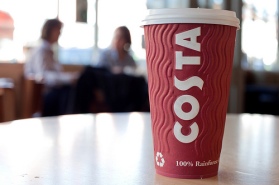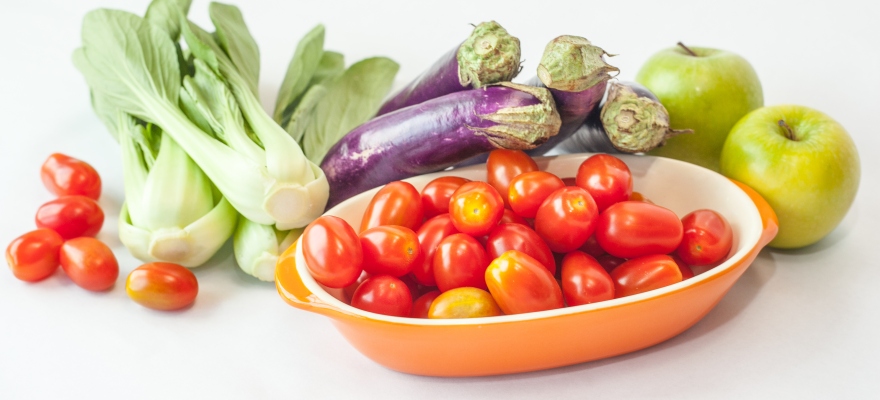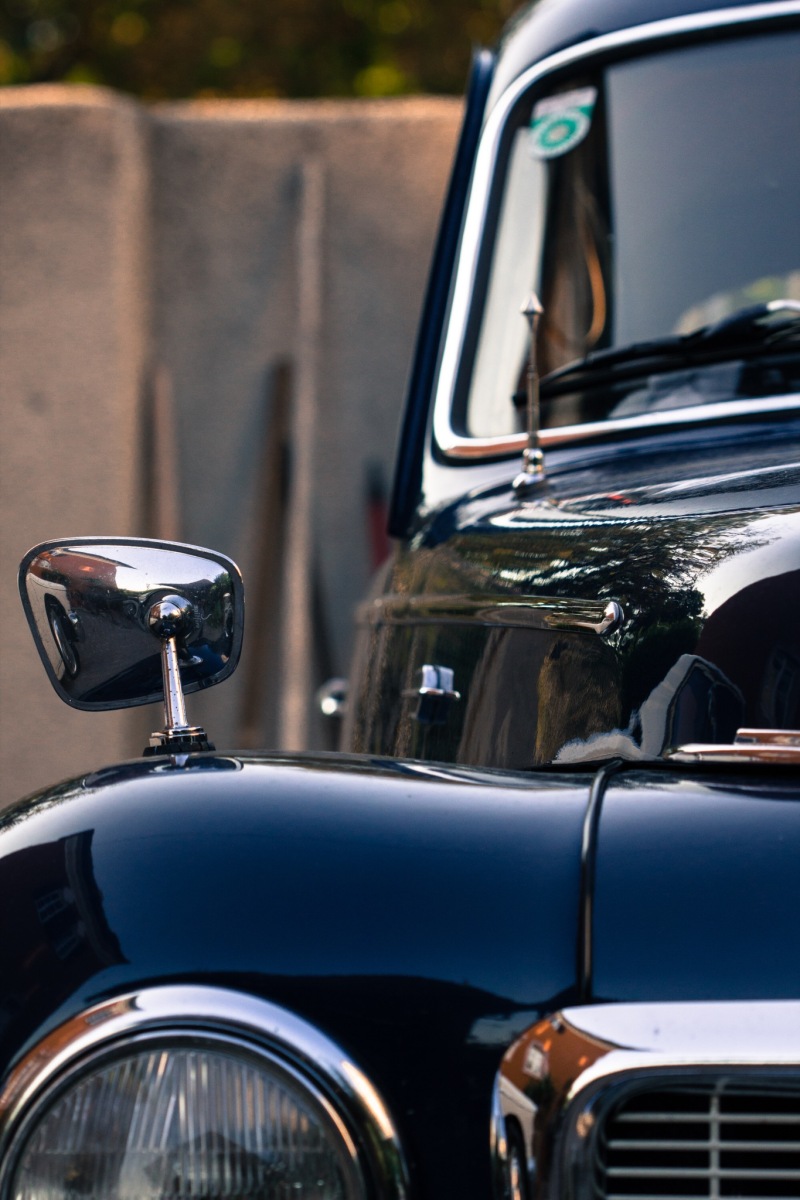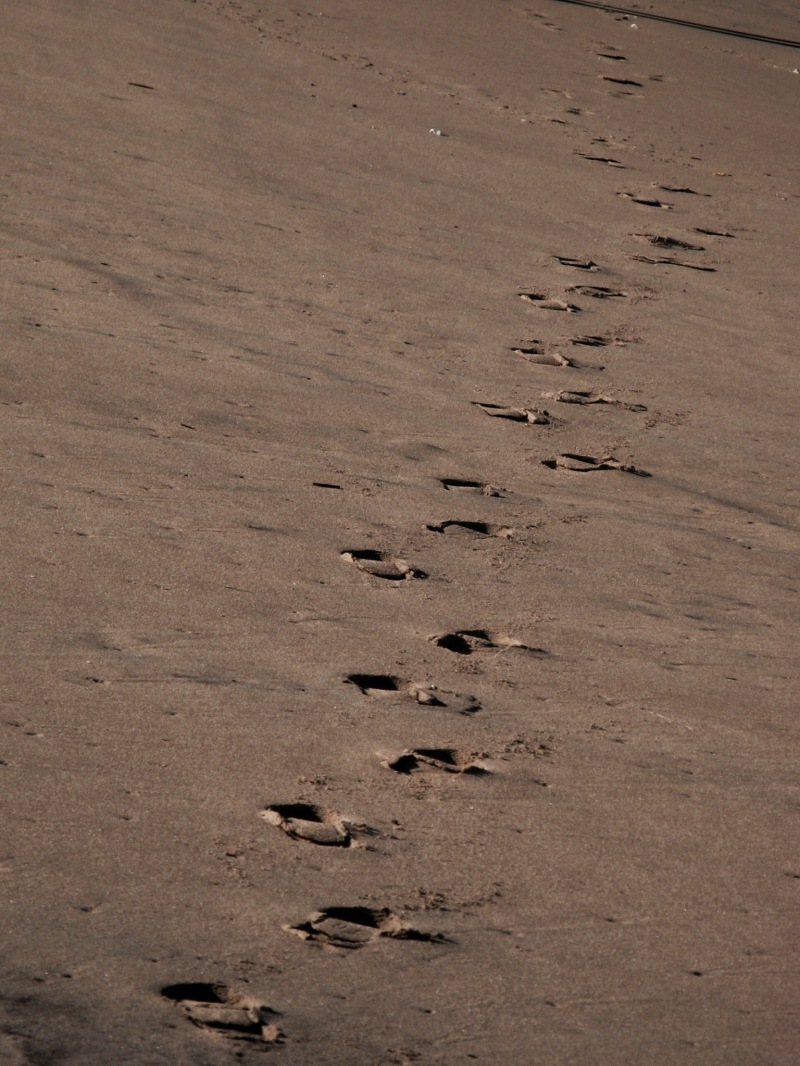As my friends and family know, I’m a bit of a serial dieter. My weight has been an issue ever since I hit my late teens. It tends to fluctuate up and down.
The only positive that can be gained from that is that I have learnt a lot about different diets and nutrition.
But what does this have to do with finances?
Well, most diets will teach that you have to remove the emotional element from eating. Eating is not there to support any kind of emotional need. It is purely fuel and therefore, once that is ingrained in your thinking, dieting (allegedly!) becomes easier.
Money is exactly the same. Lots of people have an emotional attachment to money, viewing it as either positive or negative.
Ultimately money is simply an object that you need to choose how to use. It is neither good nor evil. Many people get too hung up on the emotions associated with spending or saving money, which ultimately leads to failed budgets, overspending or miserly, tight-fisted behaviour.
It is important to get over this attachment and the simplest way to do this is to budget and learn to rely on your own forward planning and control rather than on the emotions that come from your personal attachment to money.
If you own my book, The 21 Day Debt Revolution, I describe the simplest system of budgeting in Day 20. If you would like to change your financial position, I would recommend that you complete the budget on day 5 and then have a quick read of Day 20 and use the Envelope system from the get go.
This will make you think about your spending much more.
Just remember, it’s you who controls your money not the other way around.
J A Scott









